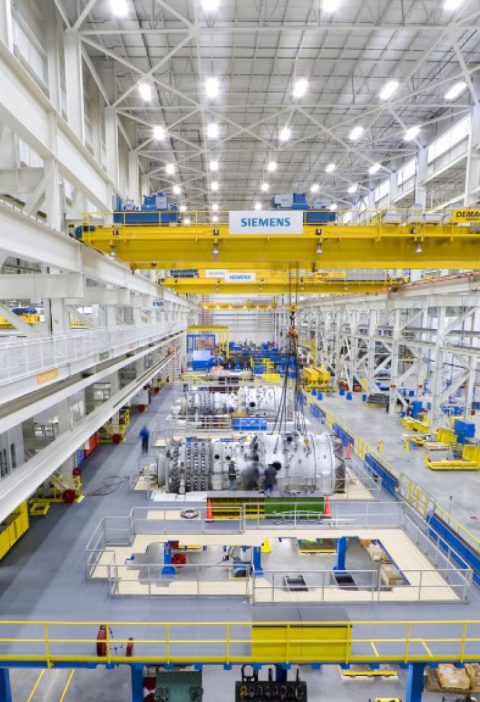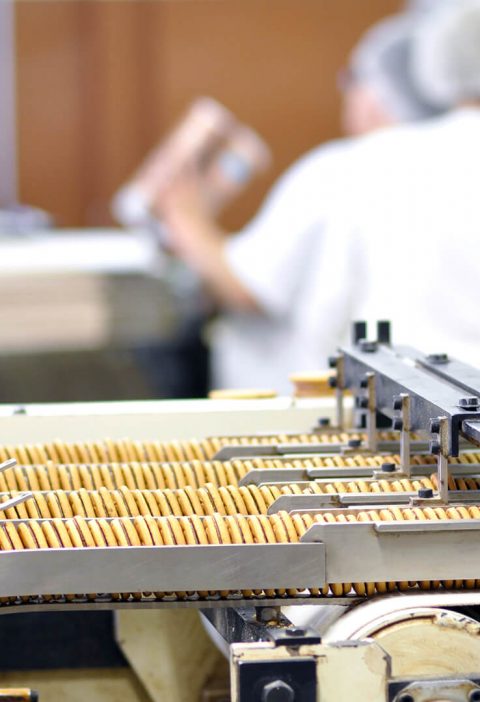Are bio-based plastics a suitable option for injection molding? Here is all you should know
A sustainable solution for plastic production industries has been a long-growing demand of customers. When bio-based polymers became a reality, the sustainable demands eventually started taking a positive stride. But unfortunately, biodegradability features made biopolymers highly susceptible to various problems in an injection molding company. It was found that moisture in the air and cool temperatures degraded bio-plastics. As the quality of injection-molded plastics depended on molding and cooling phases of production, degradable aspects took a heavy toll on quality.
Several measures have been since taken to mitigate these risks. And fortunately, efforts are finally bearing fruits, with modern bioplastics showing negligible troubles than their predecessors. This article will show you how injection molders have successfully made bio-polymers work in injection molding companies. Also, get to know more about bio-plastics and what makes them the sustainable alternative of plastics.
What are Bio-based plastics?
Bio-based plastics are made from biomass. The plastics are highly compostable and biodegradable, making them the top choice for sustainable plastic production. PHA and PLA bioplastics are made from sugar, sugar beets, or corn. These plastics exhibit similar properties to PET plastics and are highly recommended for producing consumer products. They have high impact and tensile strength similar to petroleum-based plastics and also exhibit similar density properties. The bio-plastics are extensively used in packaging industries, food services, household products, gardening equipment, and medical uses.
However, the biodegradability features are causing great concerns about its durability. It is found that these plastics tend to degrade faster when kept in refrigerators or cupboards. Injection mold manufacturers have also been affected by the plastic’s low tolerance to cooling and molding processes in the molding industry.
Researches have successfully innovated processes with additives to enhance the strength, flexibility, and durability of bio-plastics. Enhancements like eggshells-based additives, agitating hoppers for the cooling process, and adding crystallizers to melted bio-plastics mitigate most of the production concerns. Here is a brief look into how different injection mold manufacturers successfully make bioplastics work in injection mold companies.
How are injection mold manufacturers making bioplastics work?
A popular toy-making company has been successfully producing plastic components from bio-based plastics. Although the corncob in the bio-based plastics was initially making it difficult to carry out smooth production, wood plastic composites helped molding toys successfully. The final output not only came strong but was also aesthetically pleasing.
This has been the case with several other mold manufacturers, who were initially apprehensive about producing bioplastic components with existing machinery. Some of them were able to continue using the existing machinery by controlling parameters and by adding additives. Another manufacturer made a dog waste dispenser with starch-based elastomers. Although elastomers are extremely heat-sensitive, the manufacturer made a slight adjustment with the temperature profile and found the whole production not-so-inconvenient.
These experiences have proved that bio-based plastics can be molded without making major changes in the existing equipment. Minor technical adjustments and experimenting with various bioplastic resins can help determine if bio-polymers are suitable or not.
The developments have now given rise to sustainable plastic products that can benefit mold manufacturers in many ways. Continue reading to understand why injection molding can be the best production technique for bio-plastics.
Benefits of using bioplastics in the injection molding industry
Controlling parameters and additives have significantly increased the usability of bioplastics in the injection molding industry. The trend will undoubtedly create a wave of change as sustainability is the key focus of all major industries. Here is a look at the benefits of adopting bio-based plastics in injection molding companies.
Unlike the earlier apprehension about the usability of bio-based plastics in injection molding companies, modern bioplastics can now be implemented without making changes in existing machines.
The sustainability keyword is indeed going to invite a whole lot of attention from environment-loving customers. Since bioproducts are indigenously made, their promotion can be a great boost to the growth of these sectors.
Bio-based plastics are expected to control a major market share in the coming years. Hence, building opportunities around this sustainable product will be beneficial for associated industries as well.
The existing injection molding machinery and methods still require to be entirely compatible with biopolymers. Hence, the possibility of initial hiccups during production cannot be completely dismissed. However, injection mold manufacturers assert that even though minor hitches might hamper a seamless production, easy learning makes these initial issues trivial.Know More


